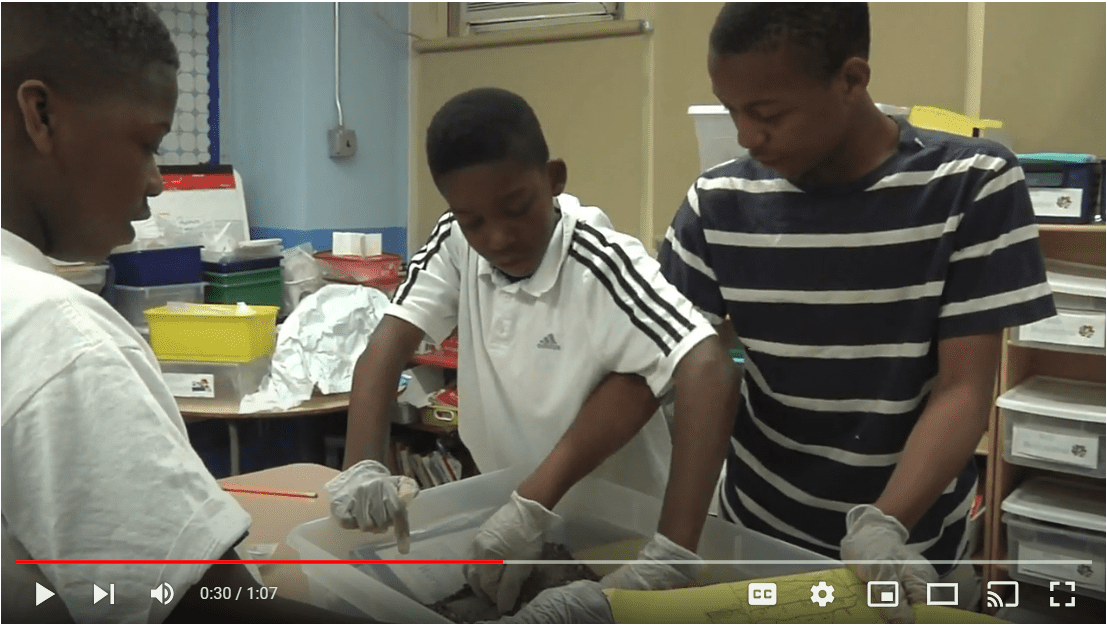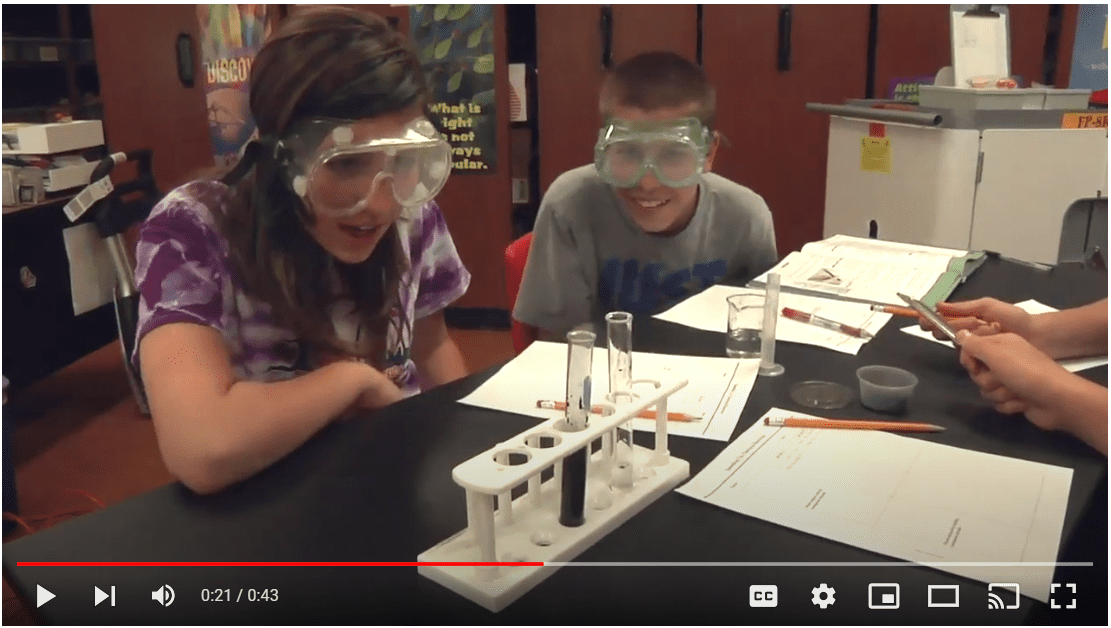
Project-Based Inquiry Science
PBIScience® is a 3-year middle-school curriculum that is designed to be taught as stand-alone units. You can teach by the domain (Life, Physical, Earth, and Space Science) or you can integrate the sciences each year. Each unit is designed around a project meaningful to students’ lives, and science learning experiences are framed around answering Big Questions or addressing Big Challenges that guide instruction and serve to organize their learning progressions.
PBIScience® aligns with Next Generation Science Standards, while maintaining the flexibility to meet all unique state standards.
Available as a package or for individual purchase
E-Book
Professional Learning
Project-Based
Inquiry Approach
Students work in collaborative groups to iteratively solve problems and explore challenges.
Students Learn Like Scientists and Engineers
Science and engineering practices are not just found in isolated inquiry activities, but permeate the entire curriculum.
Total Support
for Teachers
In person and online teacher support, educational webinars, lesson modeling, and much more is provided by our Professional Learning Team.
Need more info to decide if this the right curriculum for your district or school?
Curriculum Details
PBIScience® is a 3-year middle-school curriculum that is designed to be taught as stand-alone units. You can teach by the domain (Life, Physical, Earth, and Space Science) or you can integrate the sciences each year.
Based on Research
PBIScience is based on research from the cognitive and learning sciences on how students learn. It was supported through National Science Foundation funding and consequently produced through rigorous, iterative, research-based development cycles.
PBIScience empowers students with STEM
Students practice science in the classroom the way that scientists and engineers do. They work in collaborative groups to iteratively solve problems and explore challenges. Science and engineering practices are not just found in isolated inquiry activities, but permeate the entire curriculum.
Instructional Design with Teachers in Mind
PBIScience Teacher Edition includes lesson plans, discussion questions, differentiation strategies, and background information for each unit, and the Interactive Digital Edition easily integrates with leading Learning Management Systems. Online teacher support, educational webinars, lesson modeling, and much more is available through our supportive Professional Learning team.
PBI Science Units
Each unit is composed of Learning Sets—one for each subquestion that needs to be answered in order to address the Big Question or the Big Challenge. The Big Question or Big Challenge for each unit then drives the 3-dimensional learning experiences throughout the unit. As students pursue answers, they conduct investigations, make models, collect and analyze data, weigh evidence, write explanations, and discuss and present findings.
Big Question: How can knowledge of genetics help feed the world?
Students provide advice about developing a rice plant that is nutritious and can be grown in places that do not get a lot of rain. After being introduced to the worldwide problem of food shortage, students investigate how to develop varieties of rice that could help to alleviate the shortage. Within this context, students learn sexual and asexual reproduction, Mendelian inheritance, Punnett squares, meiosis and mitosis, chromosomes and DNA, how traits and the environment interact, evolution and natural selection, variation, natural and artificial selection, and the promises and potential threats of genetic engineering.
About The Authors
Select an author to learn more about their contributions to the fields of physical science, computer science, Earth system sciences, and science education.



